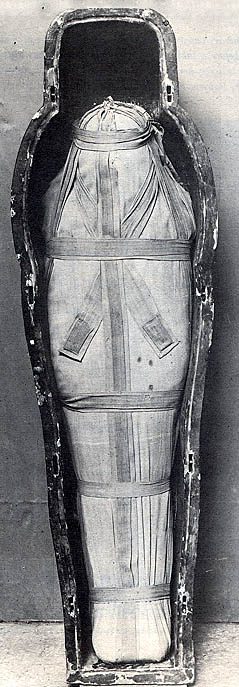The quantifiers were some of them floated.
So I've been reading this 1926 History of England by Trevelyan since being here in Cambridge. (I'm staying in Fitzwilliam College, which I love, and which is just down the road from Wittgenstein's grave. I'll be back for the LAGB and offering guided tours for modest sums to interested linguists; write to reserve your place now!) I find the book an amazingly weird piece of academic scholarship, very revealing about the times in which it was written and about the man who wrote it, as well as about the history of England. But I've only made it up to the installation of the first Tudor, Henry VII, so I'll hold off on posting too much about the content until I can relate to its entirety.
In the meantime, though, there are a few interesting language-related things I've noticed reading through, so I thought I'd blog some of them, beginning with what I think is the most interesting one. Trevelyan was quite a stylist as a writer, though given to overly purple prose, and often made use of somewhat uncommon constructions. One in particular caught my eye. Consider the following sentences:
p. 169:
"The Barons in arms who extorted [the Magna Carta] from King John at Runnymede were none of them, so far as we know, remarkable men, but their ally, the Archbishop Stephen Langton, had both moral and intellectual greatness."
"It has been called a 'tenant-right' movement on the part of an oppressed upper class against their landlord the King, though it must be remembered that what the King unjustly extorted from the Barons had most of it to be extracted by them from the classes below."p. 194:
"The great Statutes for which the reign was famous were some of them, like Quia Emptores, passed when no representatives of the commons were in attendance."p. 202:
"They were a special border breed, these 'Marcher lords'; and their soldiers were many of them Welsh or Flemings."This is a construction I recognize from past reading, though I doubt I'd come up with it in my own prose, and I don't think I really have good judgments about it. It involves a quantified partitive DP (e.g. all of them) hanging around a copula (were, to be), containing a pronoun resuming the subject of the copula.
Two observations based on the above quotes:
a) The partitive DP can appear following tensed copulas (...were many of them Welsh...)
b) It can appear to the left of infinitive copulas (I assume as long as there is suitable intervening tensed material, like modal had in had most of it to be extracted... )
I wonder, can it appear to the right of infinitive copulas? Do any of you have judgments about this construction? What do you think of something like
"What the King unjustly extorted from the Barons had to be most of it extracted by them from the classes below." ?
And of course one wonders about other stacks of auxiliary and modal material -- do these things behave like floated quantifiers, showing up in every intermediate spot?
Does the floating quantifier literature discuss this kind of thing at all, anyone know? I like that resumptive pronoun in there. Suggestive, I think.
Anyway, I'll leave you with G.M.'s thoughts on the emergence of the English standard, just to give you a glimpse of what's to come:
p. 235-6:
"In this way a standard of English was being formed for all those who could read, and for all, even beyond Trent and Avon, who wished to be regarded as educated men and women. In Tudor times the Bible and the Prayer Book in the same dialect — already regarded as 'the King's English' — obtained a diffusion and authority quite unparalleled by any works in earlier times, and firmly fixed the standard. During these two centuries from Chaucer to Elizabeth, the language in question, living on the tongues of men no less than in their books, was moving from strength to strength and from beauty to beauty; enriching itself with Latin words expressive of all the joy and learning of the Renaissance, until it fell into the perfecting hands of the man of Stratford. Since his day its adaptability to exact scientific statement has increased, and its poetic and literary quality has decreased, answering to the changes in the mind and life of the people who use it."



